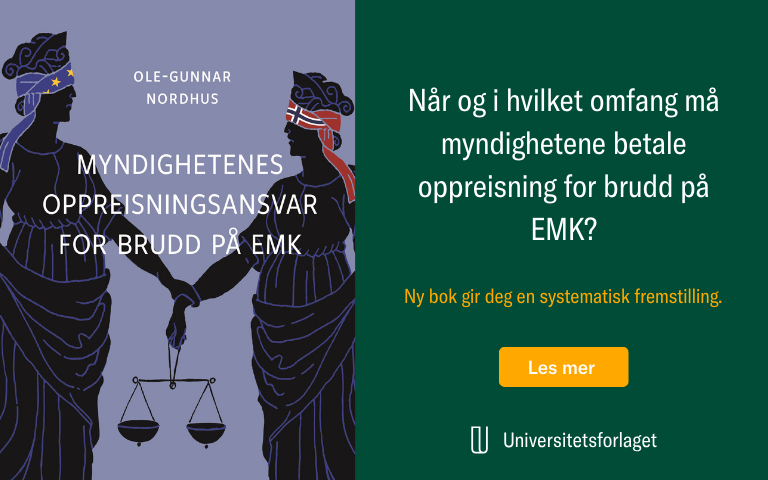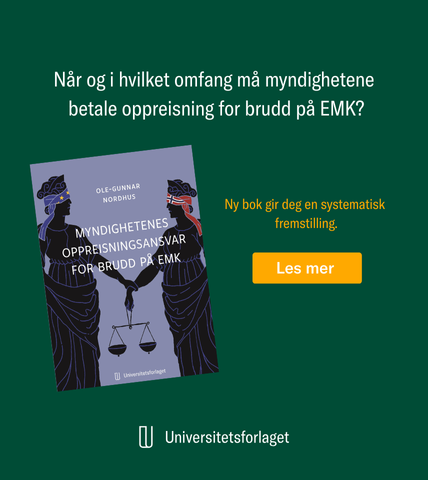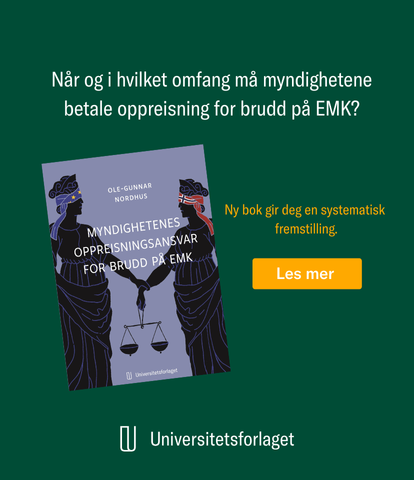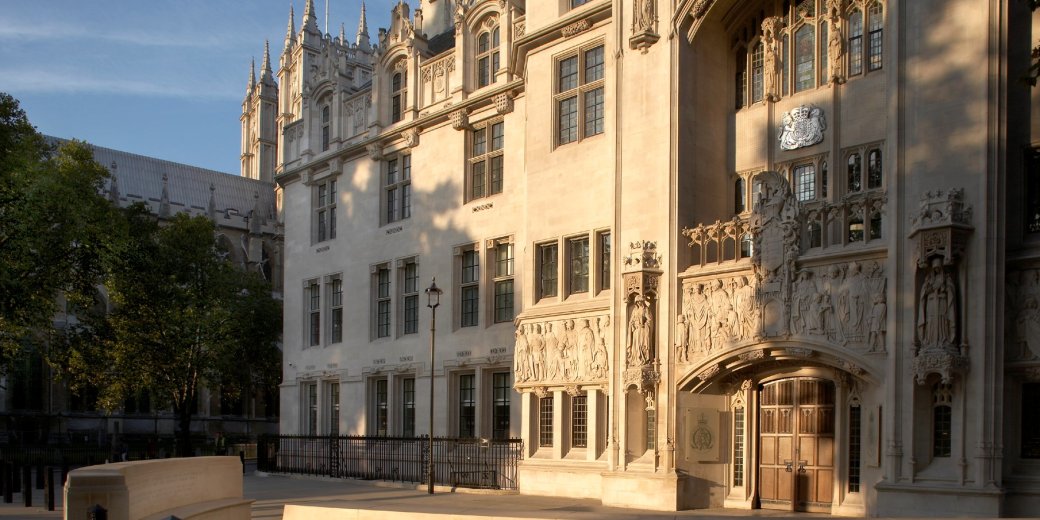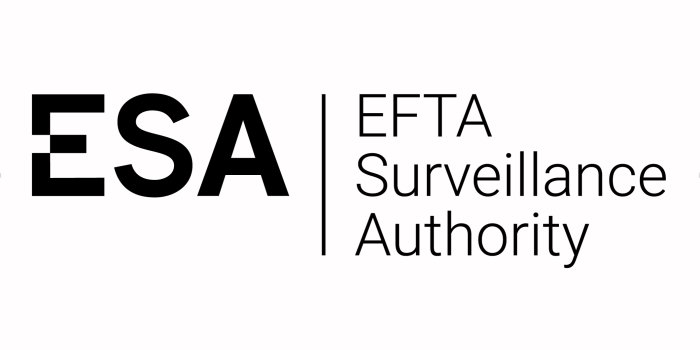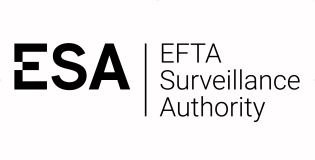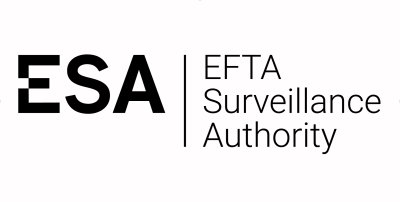De oratoriske tradisjonene i britisk rett er lange og stolte, og den skjellsettende dommen britisk Høyesterett avsa tirsdag føyer seg pent inn i rekken.
I den relativt kortfattede dommen om lovligheten av statsminister Boris Johnsons suspensjon av parlamentet, svinger de 11 dommerne den verbale øksen nådeløst. Allerede i første avsnitt gjør de det klart at dommen er eksepsjonell på de fleste måter:
«It is important to emphasise that the issue in these appeals is not when and on what terms the United Kingdom is to leave the European Union. The issue is whether the advice given by the Prime Minister to Her Majesty the Queen on 27th or 28th August 2019 that Parliament should be prorogued from a date between 9th and 12th September until 14th October was lawful. It arises in circumstances which have never arisen before and are unlikely ever to arise again. It is a “one off”. But our law is used to rising to such challenges and supplies us with the legal tools to enable us to reason to a solution.»
But of course
Dommerne slår deretter fast en grunnlovssetning om at en suspensjon av parlamentet er ulovlig om dens effekt er «frustrating or preventing, without reasonable justification, the ability of Parliament to carry out its constitutional functions as a legislature and as the body responsible for the supervision of the executive».
«The first question, therefore, is whether the Prime Minister’s action had the effect of frustrating or preventing the constitutional role of Parliament in holding the Government to account.
The answer is that of course it did.»
Retten går deretter videre til å drøfte om en slik hindring av parlamentet kunne rettferdiggjøres. I den anledning peker dommerne blant annet på statsministerens håndskrevne notat, der han skriver at septembermøtet i parlamentet uansett bare er en «rigmarole». Noe som etter ordboken betyr «a long set of actions or words without any real purpose»:
«The Prime Minister’s reaction was to describe the September sitting as a “rigmarole”. Nowhere is there a hint that the Prime Minister, in giving advice to Her Majesty, is more than simply the leader of the Government seeking to promote its own policies; he has a constitutional responsibility, as we have explained in para 30 above.
It is impossible for us to conclude, on the evidence which has been put before us, that there was any reason - let alone a good reason - to advise Her Majesty to prorogue Parliament for five weeks, from 9th or 12th September until 14th October. We cannot speculate, in the absence of further evidence, upon what such reasons might have been. It follows that the decision was unlawful.»
– Som blankt papir
Som kjent nøyde ikke retten seg meg å kjenne den såkalte prorogasjonen ugyldig – de slår fast at den faktisk aldri har eksistert:
«The logical approach to that question is to start at the beginning, with the advice that led to it. That advice was unlawful. It was outside the powers of the Prime Minister to give it. This means that it was null and of no effect (...) It led to the Order in Council which, being founded on unlawful advice, was likewise unlawful, null and of no effect and should be quashed. This led to the actual prorogation, which was as if the Commissioners had walked into Parliament with a blank piece of paper. It too was unlawful, null and of no effect.»
Helt til slutt unner Supreme Court seg et lite obiter kickum til den britiske regjeringsadvokaten:
«We have been told by counsel for the Prime Minister that he will “take all necessary steps to comply with the terms of any declaration made by the court” and we expect him to do so. However, it appears to us that, as Parliament is not prorogued, it is for Parliament to decide what to do next.»


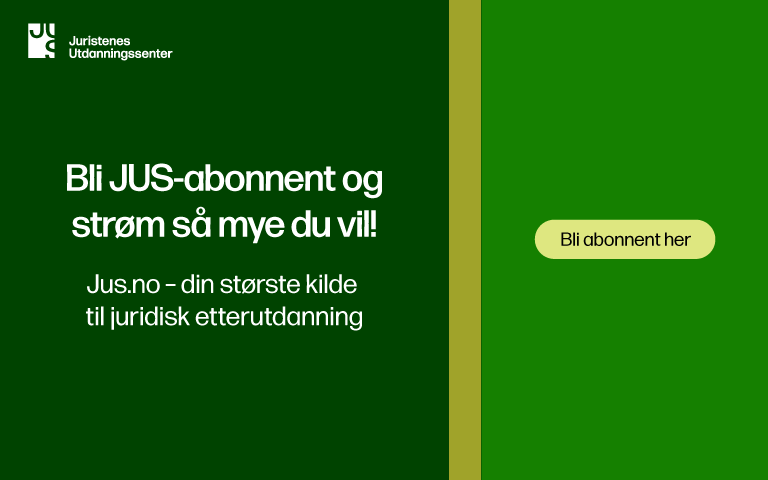



.png)

